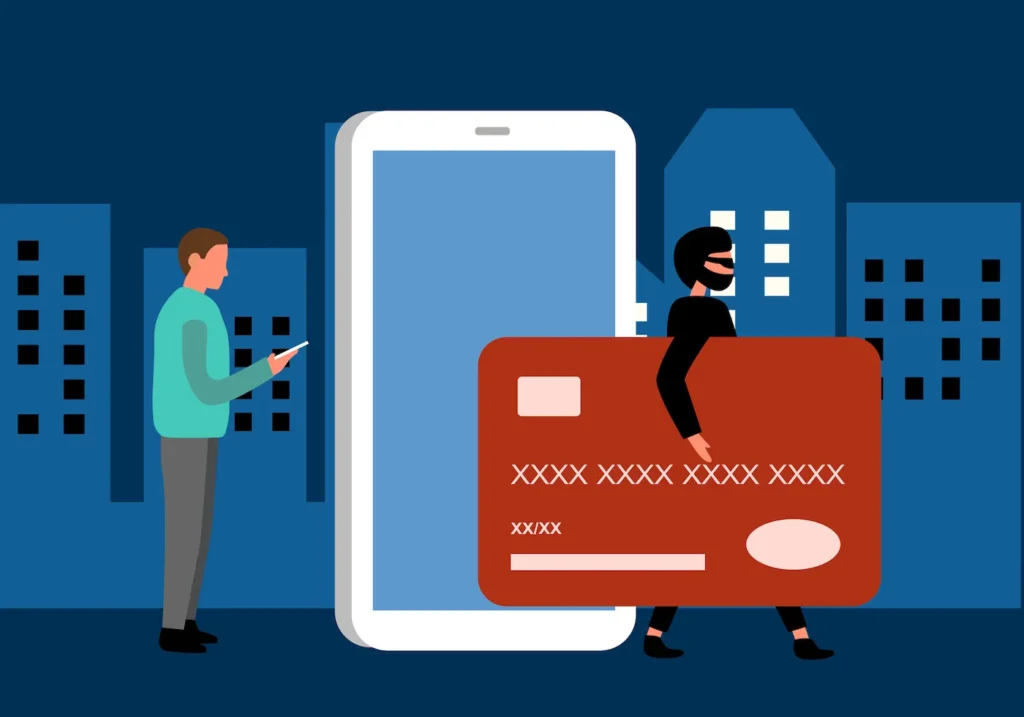Have you ever received a call from 610-638-6159 and wondered if it was legitimate? Scam calls are increasingly common and can cause significant stress and confusion. This article will help you understand everything you need to know about scam calls from 610-638-6159, providing you with the tools to identify, handle, and protect yourself from these fraudulent calls.
Understanding Scam Calls
Scam calls are fraudulent phone calls intended to deceive individuals into providing personal information, money, or both. Scammers use various tactics to convince their targets, often posing as legitimate businesses or government agencies. These calls can be highly convincing and persistent, making it essential to recognize the warning signs.
Who Is Behind 610-638-6159?
When you receive a call from 610-638-6159, it’s important to identify the potential source. This number has been reported for scam activities, often involving threats or promises of financial gain. Scammers may use sophisticated technology to spoof numbers, making them appear as local or familiar contacts. Researching and reporting these numbers can help authorities take action.
Recognizing Scam Calls
Recognizing a scam call involves looking for specific signs:
- The caller asks for personal information, such as Social Security numbers or bank details.
- There is a sense of urgency or threats of legal action.
- The caller offers deals or winnings that seem too good to be true.
- The caller requests payment through unconventional methods, like gift cards or wire transfers.
Your Rights as a Consumer
Consumers are protected by laws like the Telephone Consumer Protection Act (TCPA), which limits the use of automated calls and ensures your right to privacy. If you receive scam calls, you can report them to the Federal Trade Commission (FTC) and your state attorney general’s office. Knowing your rights helps you take appropriate action against these calls.
How to Handle Scam Calls
If you receive a call from 610-638-6159:
- Do not provide personal information: Never share sensitive details over the phone.
- Hang up immediately: If the call seems suspicious, it’s best to end it promptly.
- Block the number: Use your phone’s settings or a third-party app to block future calls from the number.
- Report the call: Notify the FTC or your phone carrier about the scam call.
Preventing Scam Calls
Preventing scam calls involves using available technology and being cautious:
- Use call-blocking apps: Apps like Hiya or Truecaller can help block known scam numbers.
- Register with the National Do Not Call Registry: This can reduce legitimate telemarketing calls, making it easier to identify scams.
- Educate yourself and others: Stay informed about common scam tactics and share this information with friends and family.
Dealing with Harassment
Harassment by scammers includes repeated calls, abusive language, and threats. If you experience such behavior, report it to the FTC. Additionally, contact your phone carrier to help block the harassing number.
Avoiding Scams
To avoid falling victim to scams:
- Verify the caller’s identity: Ask for a callback number and verify it independently.
- Research the claims: If a caller makes an offer or threat, research it online or contact the organization directly using verified contact information.
- Report suspicious calls: Reporting scams helps authorities track and stop these activities.
Protecting Your Personal Information
Protecting your personal information is crucial:
- Do not share sensitive details over the phone: Be cautious with unsolicited calls.
- Use call-blocking technology: Block unknown or suspicious numbers.
- Monitor your accounts: Regularly check your bank and credit accounts for any unauthorized activity.
The Impact of Scam Calls on Individuals
Scam calls can have a significant psychological and financial impact, particularly on vulnerable populations like seniors. The stress and fear generated by these calls can lead to real harm. Support and resources are available for victims, including counseling and financial assistance.
Legal Assistance and Resources
If you’re overwhelmed by scam calls or believe your rights have been violated, seek legal help. Many organizations offer free or low-cost legal aid. The FTC provides resources and support for reporting and stopping unwanted calls.
The Role of Technology in Fighting Scam Calls
Technology plays a crucial role in combating scam calls:
- Call-blocking apps: Tools like RoboKiller and Nomorobo can block scam calls before they reach you.
- Carrier services: Many phone carriers offer services to block scam calls.
- Future advancements: Ongoing developments in AI and machine learning aim to enhance scam call detection and prevention.
Conclusion
Receiving a scam call from 610-638-6159 can be unsettling, but with the right knowledge and tools, you can handle these calls confidently. Stay informed about your rights, recognize the signs of scams, and use technology to protect yourself from unwanted calls.

